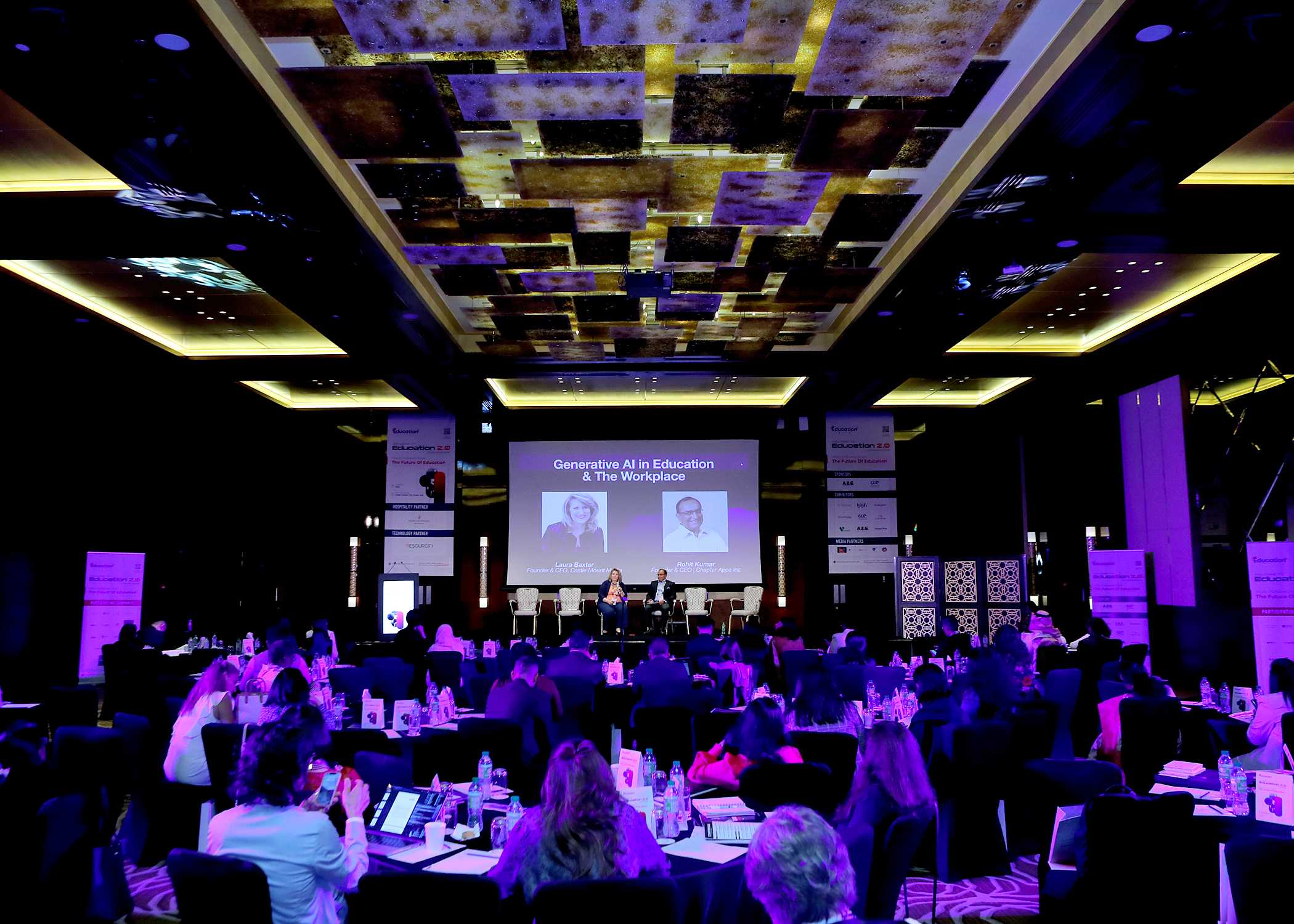
In the contemporary context, education is no longer confined to the four walls of a classroom. It has evolved into a global phenomenon, with students and educators reaching across borders to exchange knowledge and perspectives. Education conferences, such as the Education 2.0 Conference, promote this understanding by bringing educators, scholars, and professionals from diverse backgrounds.
These education events provide a unique platform for cross-cultural interactions, sharing knowledge, and building bridges across borders. Continue reading to comprehend how education forums contribute to cross-cultural understanding and why these events are essential in today’s globalized society.
Why Cross-Cultural Understanding Matters
Before delving into the role of education conferences, it’s crucial to understand why cross-cultural understanding is so vital in our contemporary world. Here are some compelling reasons:
Globalization: In today’s interconnected world, businesses, organizations, and institutions operate globally. Interacting with people from different cultural backgrounds is a daily occurrence, making cross-cultural competence essential.
Diversity And Inclusion: Promoting diversity and inclusion has become a cornerstone of modern society. Understanding and respecting different cultures are key components of creating inclusive environments.
Conflict Resolution: Many conflicts arise from misunderstandings and miscommunications between cultures. Cross-cultural understanding can help prevent and resolve conflicts, creating a more peaceful world.
Economic Opportunities: Cross-cultural skills are increasingly valuable in the job market. Multinational companies seek employees who navigate cultural nuances and effectively engage with international clients and partners.
Now that we’ve established the importance of cross-cultural understanding, let’s explore how education conferences contribute to it.
Education Conferences: Encouraging Cross-Cultural Understanding
Education conferences are dynamic, knowledge-sharing platforms where educators, researchers, and experts worldwide converge. These events provide opportunities for cross-cultural interactions, sharing knowledge, and building bridges across borders in several ways:
Diverse Participants: Upcoming 2024 US education events will likely attract attendees from various countries and cultural backgrounds. This diversity creates a rich tapestry of perspectives, ideas, and experiences that participants can learn from and appreciate.
Cross-Cultural Presentations: Presenters at education conferences often share their research, insights, and best practices. These presentations provide opportunities to gain insights into different educational systems, teaching methods, and cultural contexts.
Networking Opportunities: An event like the Education 2.0 Conference offers networking opportunities beyond formal sessions. Participants can engage in informal conversations, exchange cultural anecdotes, and build lasting professional relationships.
Global Perspectives: Keynote speakers and panel discussions often feature renowned experts who provide international perspectives on education-related issues. This exposure to diverse viewpoints broadens attendees’ horizons and encourages open-mindedness.
Cultural Showcases: Some education conferences include cultural showcases or exhibitions allowing attendees to experience the art, cuisine, and traditions of various cultures. These immersive experiences promote appreciation and respect for different ways of life.
The Impact Of Education Conferences On Cross-Cultural Understanding
The influence of education conferences on cross-cultural understanding cannot be overlooked. Here are some key ways in which these events make a significant impact:
Knowledge Exchange: Education conferences facilitate the exchange of knowledge and ideas among participants. Educators at 2024 US education events can learn about innovative teaching methods and strategies across the continents, leading to a more diverse and enriched educational landscape.
Professional Development: Attending education conferences can be a transformative professional development opportunity. Educators can gain new perspectives on pedagogy, curriculum design, and assessment techniques they can apply in their classrooms.
Research Collaboration: Cross-cultural research collaborations often begin at education conferences. Researchers with similar interests but different cultural contexts can come together to conduct collaborative studies that contribute to the global body of knowledge.
Cultural Competence: Exposure to diverse cultures at education conferences enhances attendees’ cultural competence. This competency is invaluable in a world where individuals and organizations interact with people from all walks of life.
Breaking Stereotypes: Education 2.0 Conference is one such education event that challenges stereotypes and misconceptions about different cultures. Explore the global evolution of education, cross-cultural connections, and the significance of education conferences in a globalized world.
Tips For Maximizing Cross-Cultural Learning At Education Conferences
To fully harness the potential for cross-cultural understanding at education conferences, consider the following tips:
Engage Actively: Attend your favorite sessions with passion. Engage in discussions, ask questions, and seek opportunities to interact with attendees from different cultures.
Attend Cultural Events: If the conference includes cultural events or showcases, try to attend them. These experiences can be eye-opening and enriching.
Diversify Your Sessions: Don’t stick to sessions that align solely with your expertise. Attend various sessions to gain a broader perspective on education and culture.
Network Widely: Take advantage of networking breaks and social events to meet new people. Share contact details and stay in touch with fresh connections post-event.
Reflect And Apply: After the conference, reflect on what you’ve learned and consider how to apply this newfound knowledge and understanding in your professional and personal life.
Conclusion
While there is no substitute for deep cultural immersion, education conferences provide unparalleled access to global diversity and perspective-sharing. The casual collisions, conversations, and connections that conferences enable help break down cultural barriers and open minds to new ways of thinking. So, the next time you attend an education event like the Education 2.0 Conference, embrace the opportunity to expand your horizons and contribute to a more culturally interconnected world.


